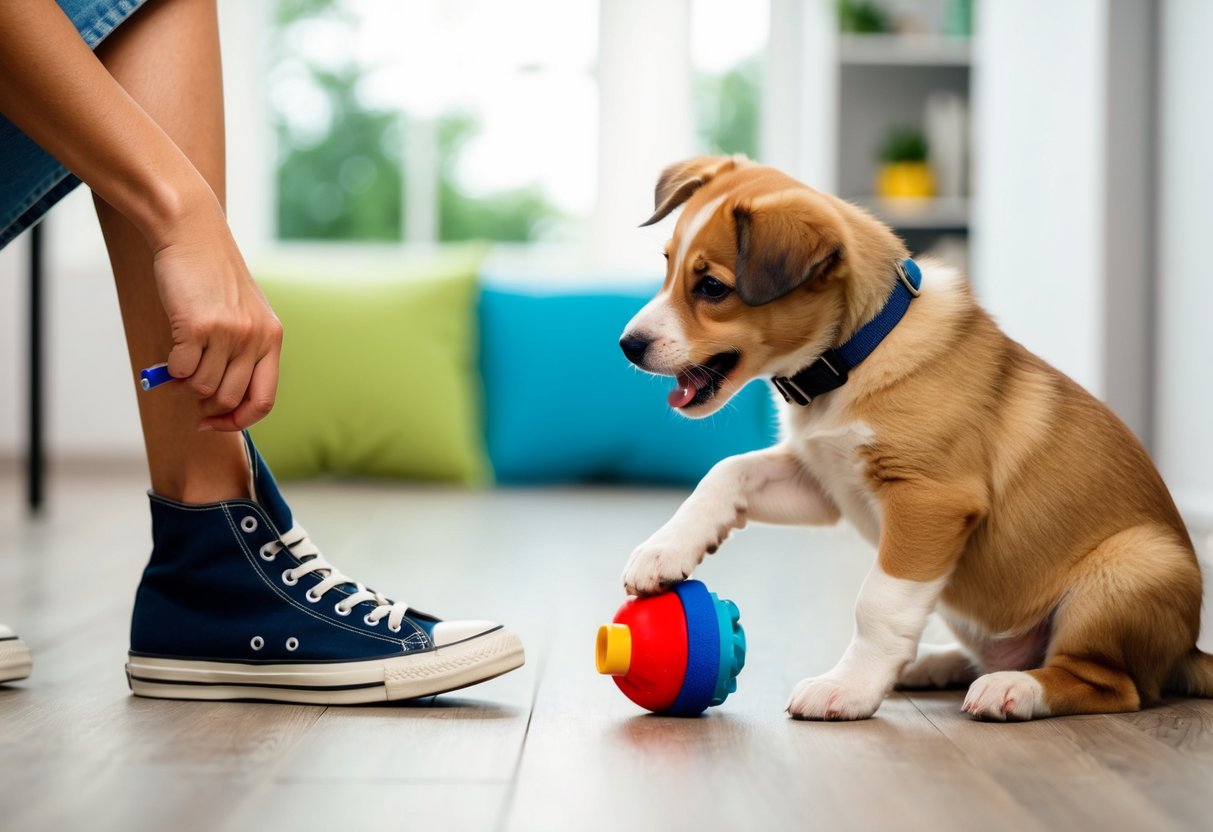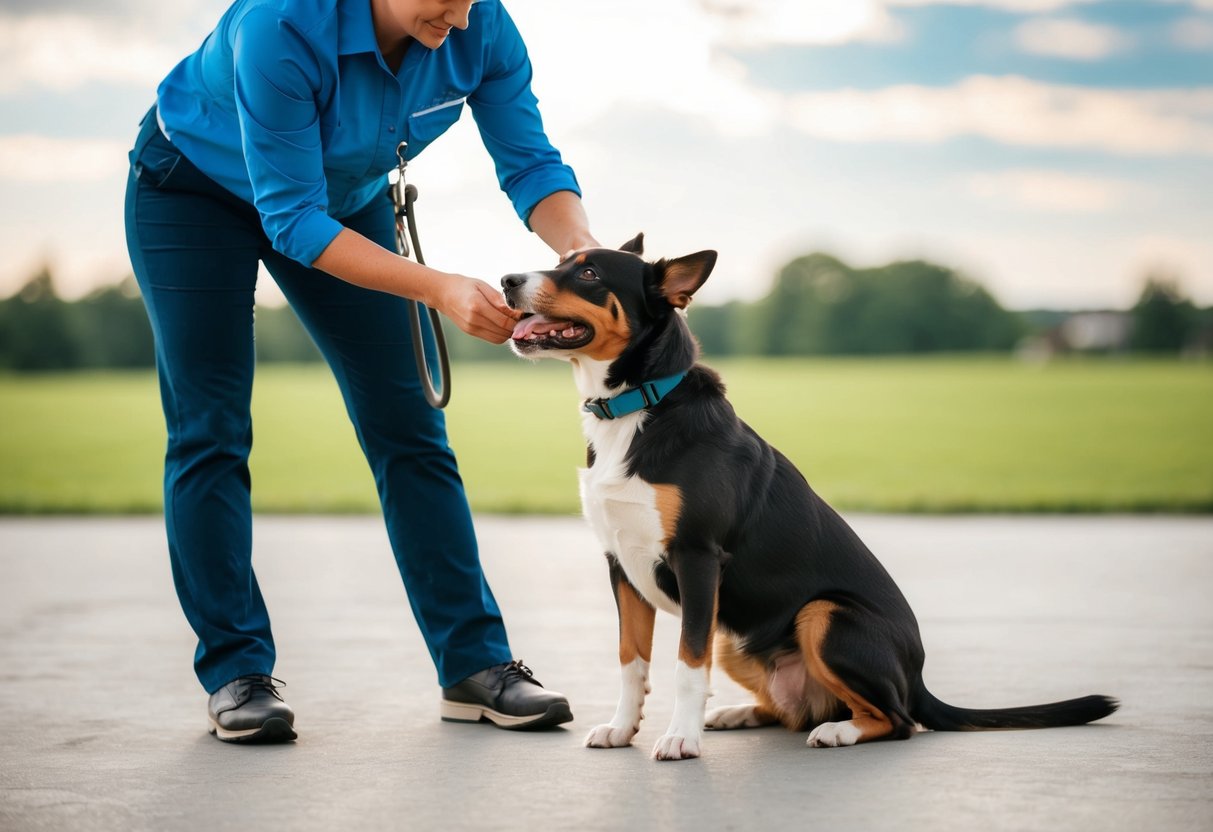
Addressing Common Behavioral Issues
Managing a pet’s behavior requires addressing specific issues such as barking, aggression, chewing, and anxiety. Each behavior demands targeted strategies to improve interaction with pets and develop more positive habits.
Excessive Barking and Aggression
Excessive barking can often be traced to boredom, anxiety, or territorial behavior. Owners can begin by identifying the triggers of barking, such as noises or unfamiliar visitors. Consistent training helps in managing these triggers effectively. Reinforcing quiet behavior with treats, praise, or playtime encourages better habits.
Aggression may stem from fear, pain, or lack of socialization. Addressing aggression involves using commands and rewards to guide more appropriate responses. Introducing socialization gradually and in controlled environments minimizes fear-induced aggression. In severe cases, consulting a professional trainer can provide additional support and tailored interventions.
Chewing and Destructive Behavior
Chewing and other destructive behaviors are common in young dogs and may indicate boredom or teething. Providing a variety of appropriate chew toys can channel their need to chew in a positive direction. Rotating toys keeps them engaged and interested, reducing chances of destructive chewing.
Regular exercise and mentally stimulating activities can deter destructive behaviors by keeping pets occupied. Redirecting attention away from unsuitable items (like furniture) towards toys teaches acceptable behavior. For persistent issues, environmental changes such as keeping valuables out of reach or using deterrent sprays can help protect household items.
Digging and Separation Anxiety
Digging can range from a natural canine instinct to an outlet for energy or stress. Creating a designated digging area in the yard offers an acceptable place for pets to satisfy this urge. Filling this spot with loose sand or soil and burying toys encourages them to dig only there.
Separation anxiety manifests in undue stress when left alone and may result in unwanted behaviors. Preparing pets for time alone is crucial, starting with short separations and gradually increasing duration. Providing enrichment during absences, like puzzle toys or soothing music, can reassure pets. Positive reinforcement when owners depart without fuss illustrates that departures are routine, not alarming events.
The Role of a Dog Trainer

Professional dog trainers play a crucial role in modifying a dog’s behavior and helping establish positive habits. They provide expert guidance tailored to the individual needs of the dog and owner.



